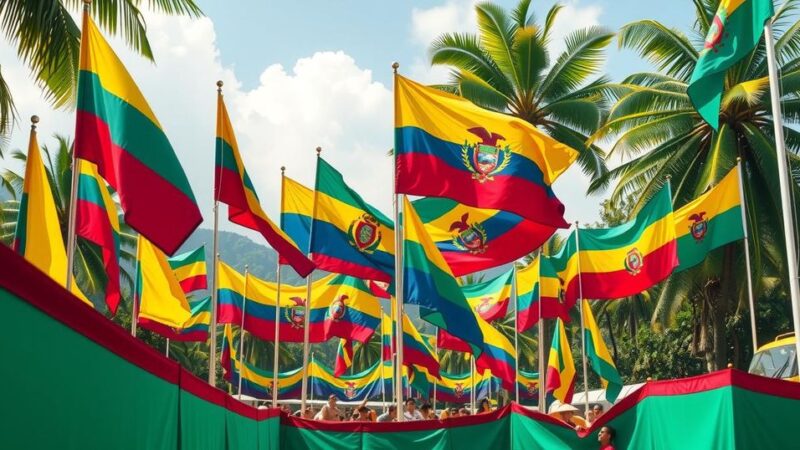Portugal is on the verge of elections as PM Luís Montenegro’s government faces a confidence vote, likely leading to its collapse. President Marcelo Rebelo de Sousa has indicated elections could occur in May if the government loses. Montenegro’s business dealings are under scrutiny, which has incited opposition and led to increasing challenges from rival parties.
Portugal is on the brink of a fresh electoral cycle as Prime Minister Luís Montenegro’s government is poised to lose a confidence vote scheduled for Tuesday. Most Members of Parliament (MPs) are anticipated to vote against the right-of-centre minority government, which could lead to the nation’s third general election in less than three years.
President Marcelo Rebelo de Sousa has indicated that he would dissolve the assembly and call for new elections if the confidence vote is lost. Fresh elections could be set for May. The decision to table the confidence motion originated from the government, particularly after accusations from the opposition Socialists regarding Montenegro’s business dealings.
Montenegro’s involvement with a company named Spinumviva raises significant concerns, as lucrative contracts with clients allegedly persisted even after he took on a political role. The legitimacy of transferring the company’s ownership to his family has been contested, and the public remains uncertain about the company’s income sources, particularly concerning a notable contract with a hotel and casino group.
As a lawyer, Montenegro asserts that Spinumviva provides consultancy services related to data privacy laws, although the authenticity of these services is under scrutiny by the Bar Association. Montenegro’s cabinet has recently proposed a series of spending measures, ostensibly to demonstrate their commitment to governance.
The prevailing political climate appears to benefit the far-right party Chega, known for its critiques of political corruption; however, the party is battling its own scandals. Following a brief period of strong polling, the coalition led by Montenegro now finds itself lagging behind the Socialist party helmed by Pedro Nuno Santos.
Despite the urgent need for a stable governance structure, all major political parties seem reluctant to call for a snap election out of concern for public sentiment. Political analysts note that the country is on a clear path toward elections in May, aligning with Montenegro’s strategy to appeal to voters rather than confront an inquiry into his business practices, a stance met with criticism from opposition leaders.
In conclusion, Portugal faces a significant political upheaval as Prime Minister Luís Montenegro’s government stands at risk of being toppled by an impending confidence vote. With President Marcelo Rebelo de Sousa poised to dissolve the assembly and call for elections should the vote fail, the nation is expected to prepare for fresh elections in May. The unfolding political dynamics involve scrutiny over Montenegro’s business dealings, raising questions about governance integrity and the future direction of the country’s leadership.
Original Source: www.bbc.com






